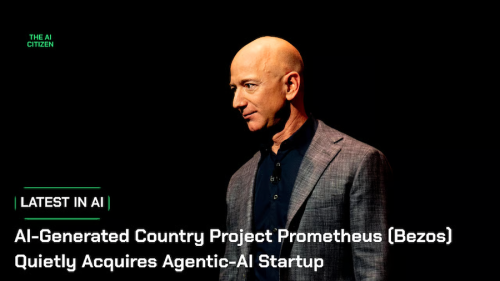In computer science, the main outlets for peer-reviewed research are not journals but conferences, where accepted papers are presented in the form of talks or posters. In June, 2019, at a large artificial-intelligence conference in Long Beach, California, called Computer Vision and Pattern Recognition, I stopped to look at a poster for a project called Speech2Face. Using machine learning, researchers had developed an algorithm that generated images of faces from recordings of speech. A neat idea, I thought, but one with unimpressive results: at best, the faces matched the speakers’ sex, age, and ethnicity—attributes that a casual listener might guess. That December, I saw a similar poster at another large A.I. conference, Neural Information Processing Systems (Neurips), in Vancouver, Canada.
Many kinds of researchers—biologists, psychologists, anthropologists, and so on—encounter checkpoints at which they are asked about the ethics of their research. This doesn’t happen as much in computer science. Funding agencies might inquire about a project’s potential applications, but not its risks. University research that involves human subjects is typically scrutinized by an I.R.B., but most computer science doesn’t rely on people in the same way. In any case, the Department of Health and Human Services explicitly asks I.R.B.s not to evaluate the “possible long-range effects of applying knowledge gained in the research,” lest approval processes get bogged down in political debate. At journals, peer reviewers are expected to look out for methodological issues, such as plagiarism and conflicts of interest; they haven’t traditionally been called upon to consider how a new invention might rend the social fabric.
A few years ago, a number of A.I.-research organizations began to develop systems for addressing ethical impact. The Association for Computing Machinery’s Special Interest Group on Computer-Human Interaction (sigchi) is, by virtue of its focus, already committed to thinking about the role that technology plays in people’s lives; in 2016, it launched a small working group that grew into a research-ethics committee. The committee offers to review papers submitted to sigchi conferences, at the request of program chairs. In 2019, it received ten inquiries, mostly addressing research methods: How much should crowd-workers be paid? Is it O.K. to use data sets that are released when Web sites are hacked? By the next year, though, it was hearing from researchers with broader concerns. “Increasingly, we do see, especially in the A.I. space, more and more questions of, Should this kind of research even be a thing?” Katie Shilton, an information scientist at the University of Maryland and the chair of the committee, told me.
Shilton explained that questions about possible impacts tend to fall into one of four categories. First, she said, “there are the kinds of A.I. that could easily be weaponized against populations”—facial recognition, location tracking, surveillance, and so on. Second, there are technologies, such as Speech2Face, that may “harden people into categories that don’t fit well,” such as gender or sexual orientation. Third, there is automated-weapons research. And fourth, there are tools “to create alternate sets of reality”—fake news, voices, or images.
The original article was published at The New Yorker.
To support for AI Ethics, Michael Dukakis Institute for Leadership and Innovation (MDI) and Artificial Intelligence World Society (AIWS.net) has developed AIWS Ethics and Practice Index to measure the ethical values and help people achieve well-being and happiness, as well as solve important issues, such as SDGs. Regarding to AI Ethics, AI World Society (AIWS.net) initiated and promoted to design AIWS Ethics framework within four components including transparency, regulation, promotion and implementation for constructive use of AI. In this effort, Michael Dukakis Institute for Leadership and Innovation (MDI) invites participation and collaboration with think tanks, universities, non-profits, firms, and other entities that share its commitment to the constructive and development of full-scale AI for world society.









